detail profile leonid barbe

Leonid Barbe
Леонід Барбе
atau dikenal sebagai
Info Pribadi
Peran Yang Di Mainkan Leonid Barbe
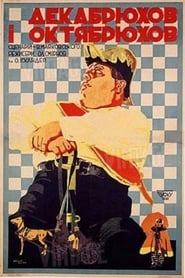 The bourgeois wedding of Dekabryukhova is...
The bourgeois wedding of Dekabryukhova is...Oktyabryuhov and Dekabryuhov 1928
The bourgeois wedding of Dekabryukhova is interrupted by the machine-gun fire of revolution. He flees abroad, leaving his wife. Oktyabryukhov stays and adapts to the new life. At the end of the picture there is an attempt at universal reconciliation and the poet's tormenting theme "three-way love". Dekabryuhov returns to his homeland. His wife is already married to Oktyabryukhov. Having learned about it, Dekabryukhov tries to leave, but the newlyweds force him to stay.
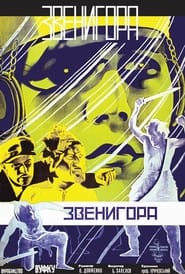 The momentous film stars Mykola Nademskyi...
The momentous film stars Mykola Nademskyi...Zvenygora 1928
The momentous film stars Mykola Nademskyi as the grandfather of Tymish (Semen Svashenko), whom he alerts to secret treasure buried in the mountains of Zvenygora – Treasure that rightfully belongs to his homeland. The film wonderfully blends both lyricism and politics and uses its central construct to build a montage praising Ukrainian industrialization, attacking the bourgeoisie, celebrating the beauty of the Ukrainian steppe and retelling ancient folklore. Said Sergei Eisenstein of the film, "As the lights went on, we felt that we had just witnessed a memorable event in the development of the cinema".
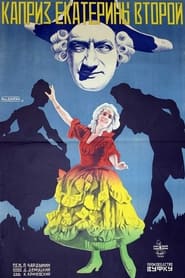 The film is based on V...
The film is based on V...Caprice of Catherine ІІ 1928
The film is based on V. Yurezanskyi’s novel The Missing Village about the struggle of Ukrainian Cossacks for their freedom during the reign of Catherine II. Free Cossacks from the village of Turbai in Poltava region, who were included in registers of Myrhorod Pact, suddenly find out that at the order of Catherine II they become the property of the Ukrainian landlord, pan Bazylevskyi. He treats Cossacks like his usual serfs. Cossacks ask the empress for help, but receive no reply. Then, they rebel and set Bazylevskyi’s estate on fire. The owner and his family die during the fire. The vengeance of the Russian empress is terrible, as dozens of Cossacks are beaten to death, and the village of Turbai is doomed to destruction. The film is lost.
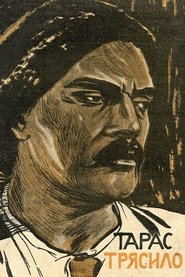 The film is set in the 17...
The film is set in the 17...Taras Tryasylo 1927
The film is set in the 17th century, when social antagonism is at its peak. The poverty of peasants and poor Cossacks is opposed to the lavish lifestyle of the Ukrainian and Polish noblemen, priests, and Cossack officers. Cossacks fight off Tatars’ attacks, however, they start to realise that the real enemy is much closer. Taras Triasylo raises Cossacks to help the rebellious peasants. A dramatic historical narrative, masterly mass shootings of horse attacks, hand-to-hand combats and public festivities contrast with lounge scenes in the palace – balls, feasts, and entertainment of rich people and their family members wearing brocade clothes. On a grand scale and with an eye for detail, the director draws the texture of the film and its characters. The leading actors of Les Kurbas’s theatre Berezil played film protagonists. The film based on Volodymyr Sosiura’s verse novel of 1925 was considered lost for a long time.
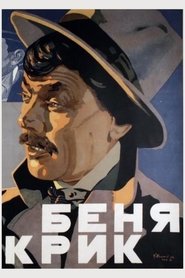 The seamy Jewish underworld of Odesa...
The seamy Jewish underworld of Odesa...